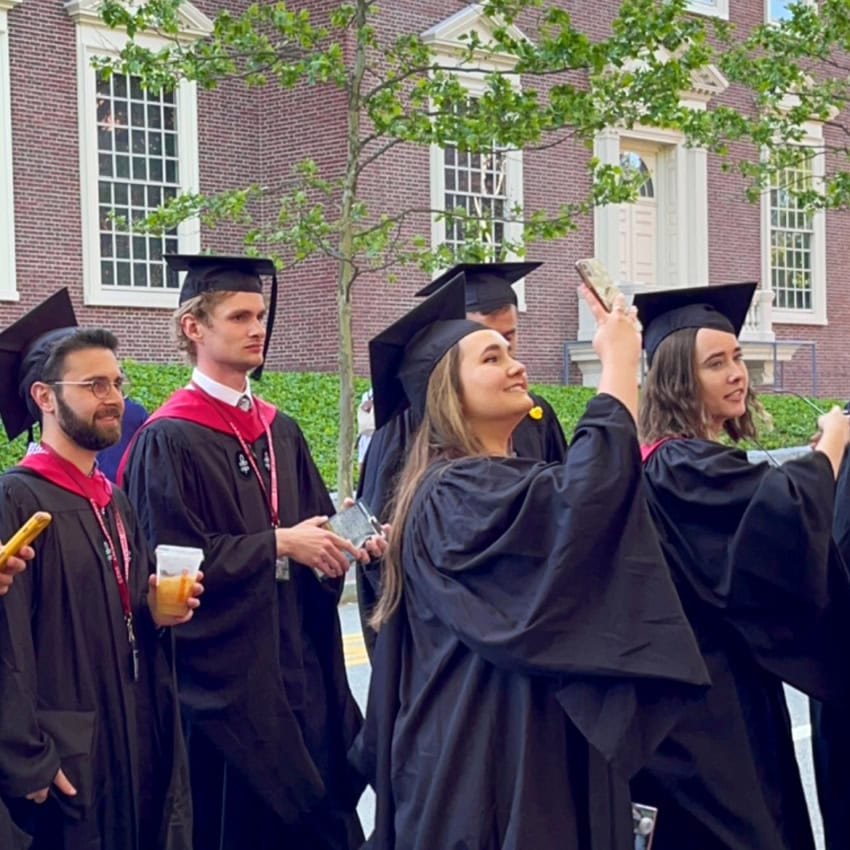The legacy admissions policy of the Harvard University, one of the oldest higher education institutions in the United States, has triggered a storm in the country.
The university’s policy of giving preference to undergraduate applicants with family ties to the elite college has been challenged. Advocacy groups have petitioned the government to stop the Ivy League university’s legacy admissions, which have long been seen as a perk for the white and wealthy.
The federal complaint comes days after the Supreme Court ruled that Harvard and other US colleges could no longer weigh race as a key factor in admissions. The highest US court voted 6-3 to repeal affirmative action, a decades-old practice. Chief Justice John Roberts wrote in his majority opinion that the process used by Harvard and others “picks winners and losers based on the color of their skin”.
Spurred by that decision, Lawyers for Civil Rights (LCR), a Boston-based non-profit, filed a federal civil rights complaint against Harvard for granting “special preference in its admissions process to hundreds of mostly white students, not because of anything they have accomplished, but rather because of who their relatives are”.
The complaint was filed with the Department of Education’s Office for Civil Rights, alleging violations of Title VI of the Civil Rights Act.
Harvard declined to comment.
The complaint cites studies published by the National Bureau of Economic Research, a think tank, that shows nearly 70% of legacy and donor-related applicants are white, and that such students are six to seven times more likely to be admitted to Harvard than non-legacy applicants.The NBER report further adds that among white students granted admission, over 43% are from athletes, legacies, those on the dean’s interest list, and children of faculty and staff.














